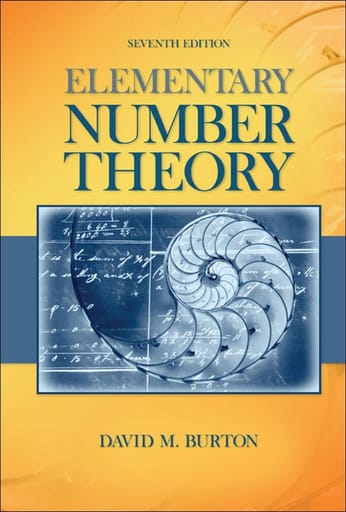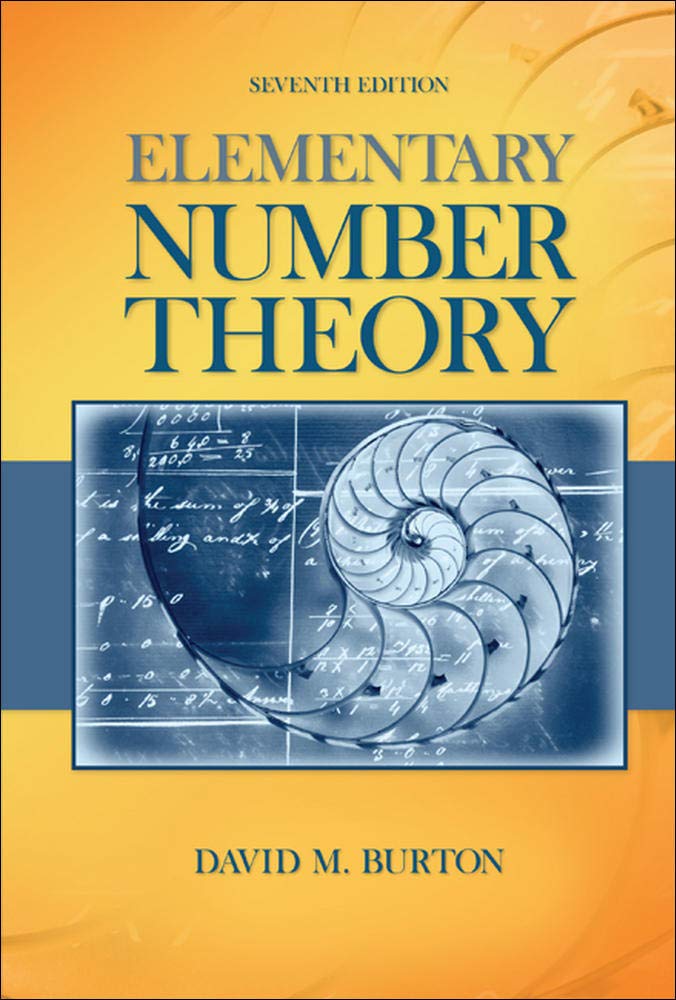
Elementary Number Theory Problems 3.3 Solution (David M. Burton's 7th Edition) - Q17 Paid Members Public
My Solution for "In $1848$, de Polignac claimed that every odd integer is the sum of a prime and a power of $2$. For example, $55 = 47 + 2^{3} = 23 + 2^{5}$. Show that the integers $509$ and $877$ discredit this claim."
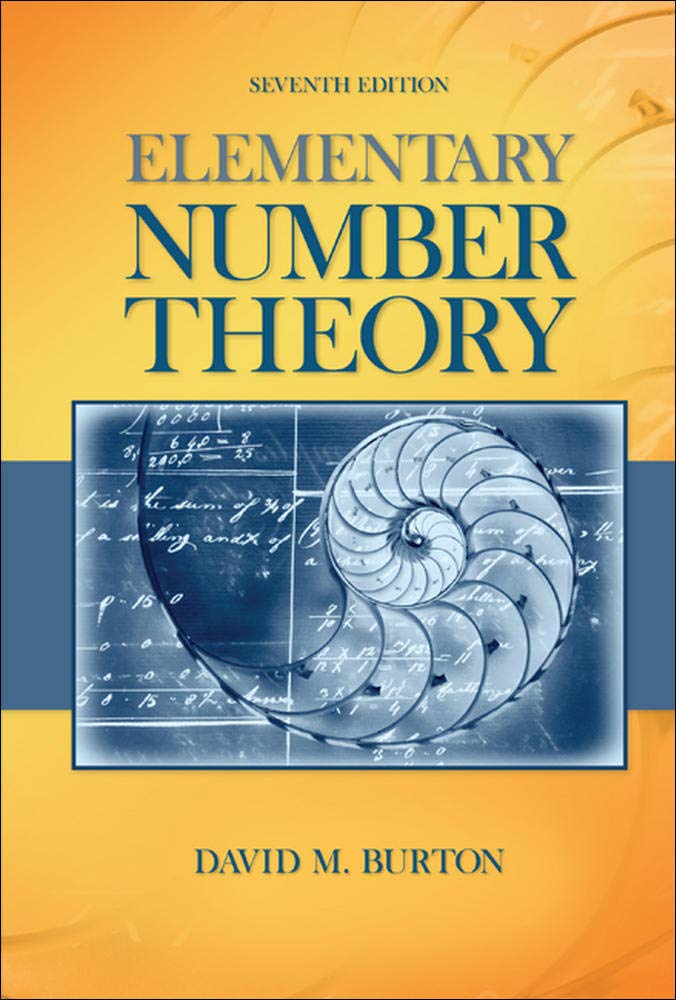
Elementary Number Theory Problems 3.3 Solution (David M. Burton's 7th Edition) - Q16 Paid Members Public
My Solution for "Let the sequence of primes, with $1$ adjoined, be denoted by $p_{0} = 1, $p_{1}$ = 2, $p_{2}$ = 3, p_{3} = 5, ....$ For each $n \geq 1$, it is known that there exists a suitable choice of coefficients $\epsilon_{k} = \pm 1$ such that ...
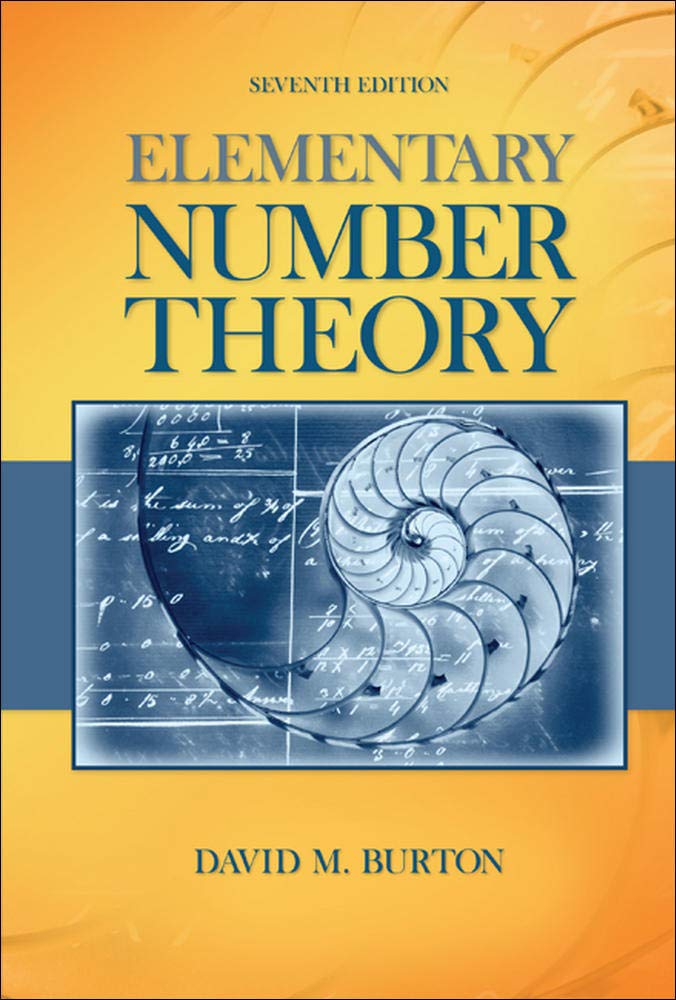
Elementary Number Theory Problems 3.3 Solution (David M. Burton's 7th Edition) - Q15 Paid Members Public
My Solution for "Another unanswered question is whether there exists an infinite number of sets of five consecutive odd integers of which four are primes. Find five such sets of integers."
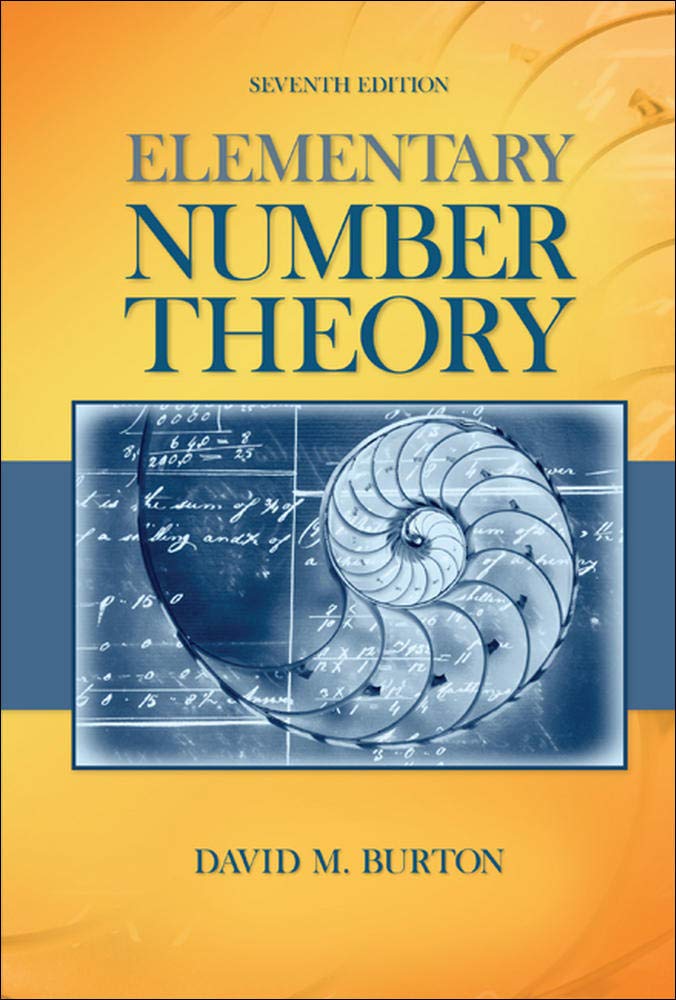
Elementary Number Theory Problems 3.3 Solution (David M. Burton's 7th Edition) - Q14 Paid Members Public
My Solution for "Find a prime divisor of the integer $N = 4(3 \cdot 7 \cdot 11) - 1$ of the form $4n + 3$. Do the same for $N = 4(3 \cdot 7 \cdot 11 \cdot 15) - 1$. "
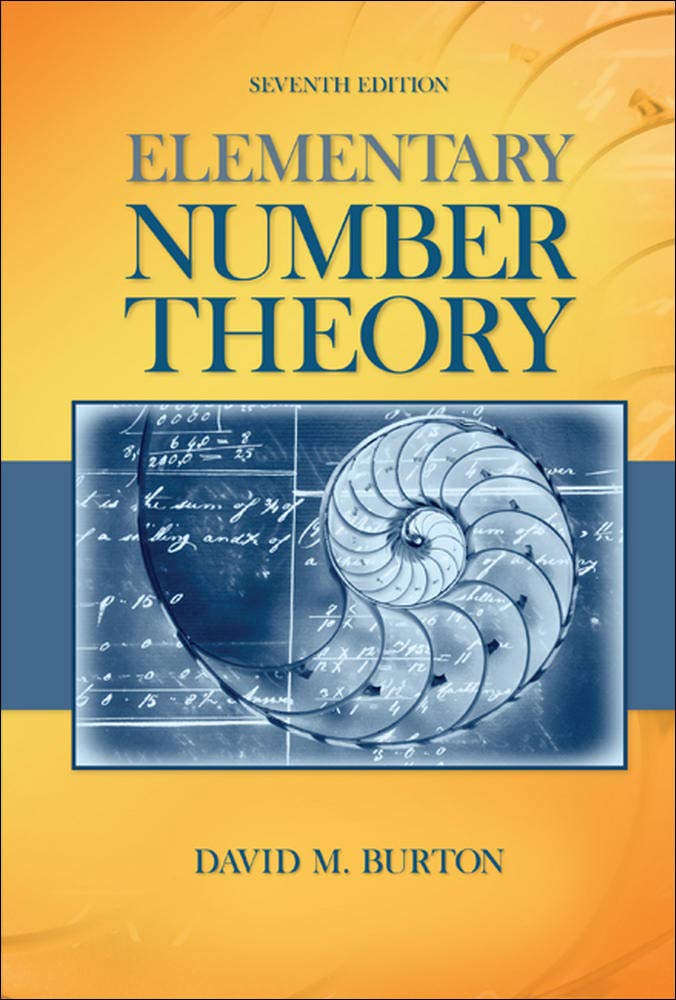
Elementary Number Theory Problems 3.3 Solution (David M. Burton's 7th Edition) - Q13 Paid Members Public
My Solution for "Apply the same method of proof as in Theorem 3.6 to show that there are infinitely many primes of the form $6n + 5$."
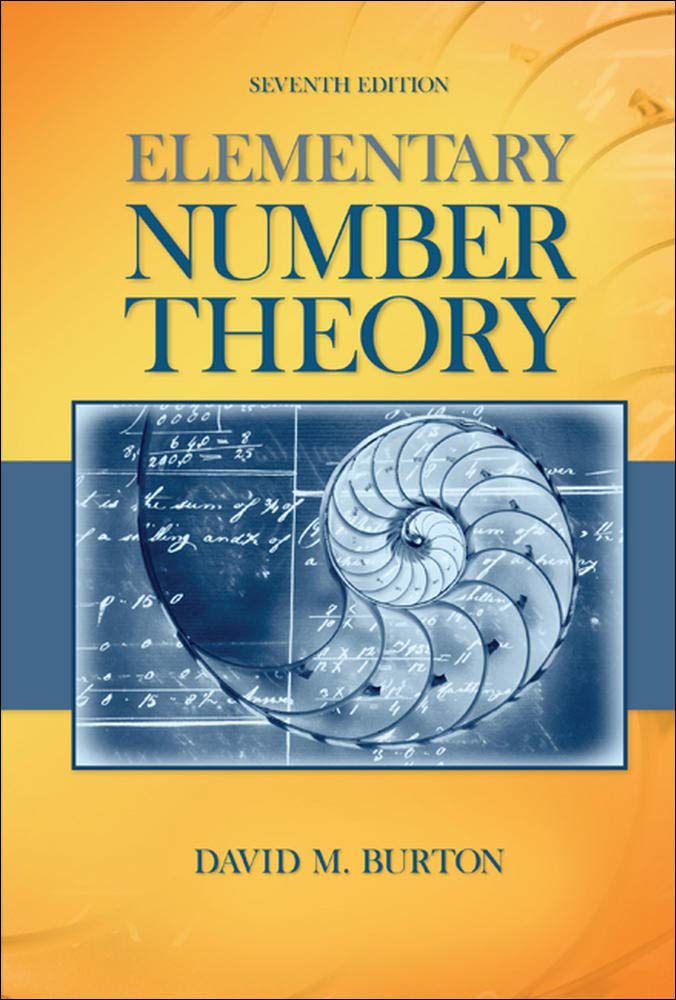
Elementary Number Theory Chapter 3.3 Page 54, Why choose "$N = 4q_{1}q_{2} \cdots q_{s} - 1$"?(David M. Burton's 7th Edition) Paid Members Public
Why does the author choose $N = 4q_{1}q_{2} \cdots q_{s} - 1$ when proving there are an infinite number of primes of the form $4n + 3$.
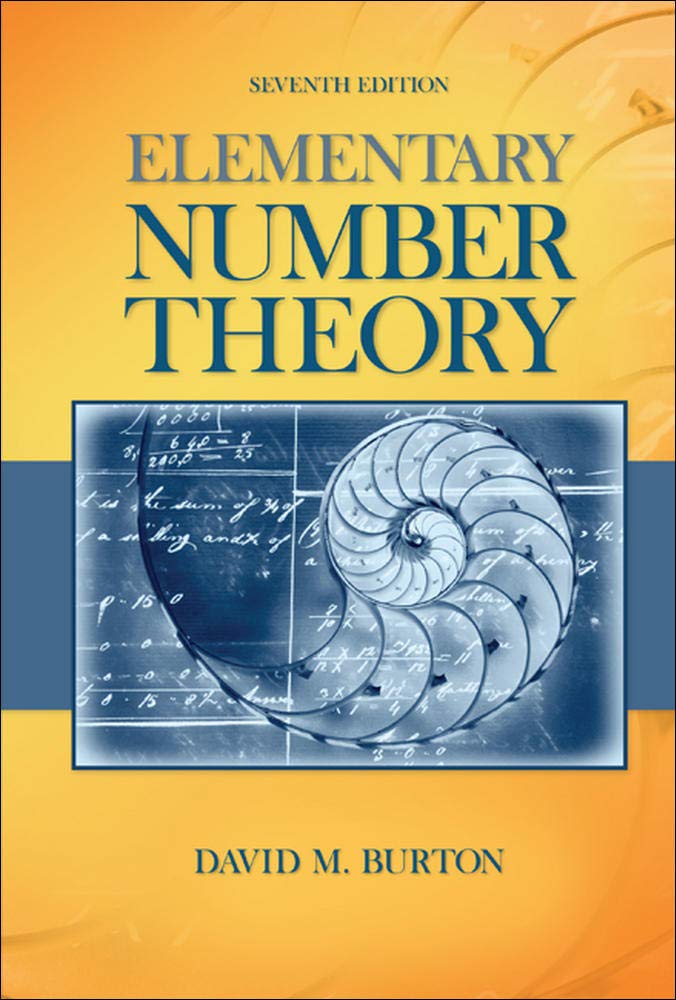
Elementary Number Theory Chapter 3.3 Page 54, Why "But $r_{i}$ cannot be found among the listing $q_{1}, q_{2}, ...$"?(David M. Burton's 7th Edition) Paid Members Public
Elementary Number Theory Chapter 3.3 Page 54, Why "But $r_{i}$ cannot be found among the listing $q_{1}, q_{2}, ..., q_{s}$, for this would lead to the contradiction that $r_{i} \mid 1$"?
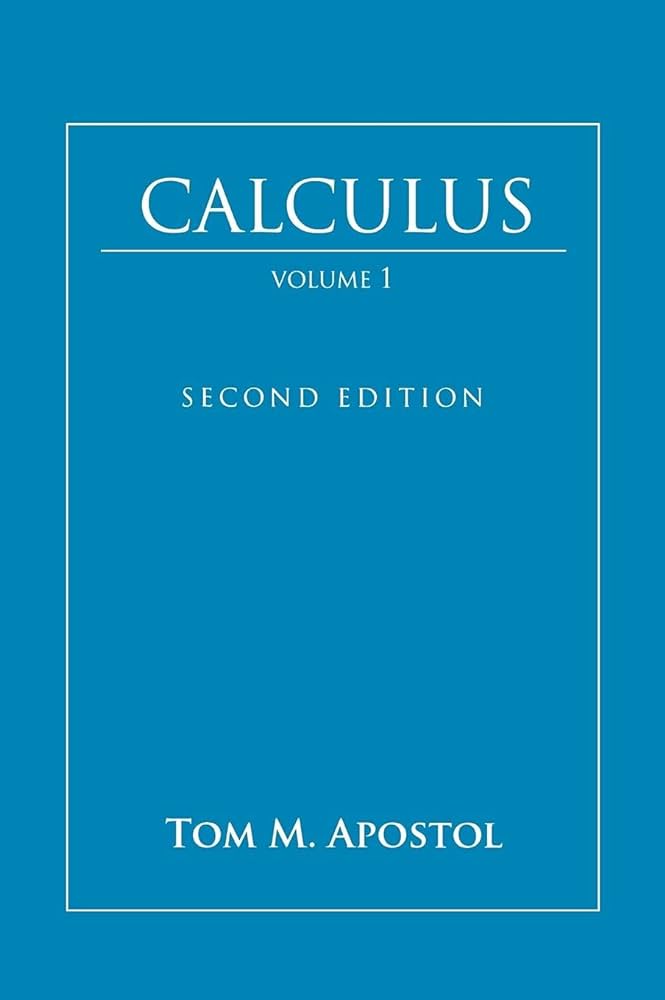
Calculus, Volume 1, Page 7 Why does n < b^3/(A-b^3/3) lead to contradiction? (Tom M. Apostol 2nd Edition) Paid Members Public
Page 7 on "Calculus, Vol. 1: One-Variable Calculus, with an Introduction to Linear Algebra", why does $n < \frac{b^3}{A - \frac{b^3}{3}}$ lead to contradiction?
